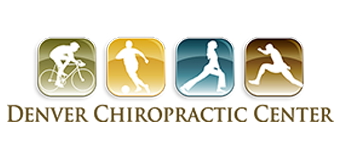Money, ice baths and antibiotic resistance – This Week’s 1-Page Health News
Mental Attitude: With Age Comes Financial Wisdom.
In a study environment, older participants (ages 60-82) performed better than younger participants (ages 18-29) on finance-related topics where life experience and accumulated knowledge were favored. Such areas included temporal discounting, loss aversion, financial literacy, and debt literacy. The study authors believe that younger people would benefit from financial education earlier in life, before they begin making major financial decisions in adulthood.
Psychology and Aging, September 2013
Health Alert: Antibiotic Resistance Warning!
According to the Centers for Disease Control and Prevention (CDC), each year two million people contract either a bacterial or fungal infection that is resistant to at least one class of antibiotics. Antibiotic resistance has increased to the point where the CDC is calling for action to prevent the situation from progressing further. Their recommendations include preventing infections through more organized procedures in hospitals, better food handling, and the smarter use of antibiotics.
Centers for Disease Control and Prevention, September 2013
Diet: Passive Calorie Counting.
A new wearable computer called an eButton is able to autonomously view the food you are eating, identify it, and estimate the food’s nutritional content. Researchers believe passive devices such as the eButton could help people with conditions such as obesity, diabetes, and cardiovascular disease more accurately monitor their total caloric intake.
Measurement Science and Technology, August 2013
Exercise: No Ice Bath Please.
According to researchers, taking an ice bath after a workout does not effectively reduce soreness or strength loss and only mildly reduces inflammation. Lead researcher Dr. Naomi Crystal advises, “Use [ice baths] sparingly. Use them in tournament situations; use them with an athlete who has done something extraordinary. But for day-to-day athletes, I wouldn’t recommend them.”
European Journal of Applied Physiology, August 2013
Chiropractic: Adjustments Validated.
Patients with neck pain, neck dysfunction, and headache showed significant improvement with cervical spine adjustments.
Duke Evidence Report, 2001
Wellness/Prevention: Do You Have High Blood Pressure?
Only 46.5% of people with hypertension are aware of their condition. Of those who are aware they have high blood pressure, only 32.5% are effectively controlling their condition.
Journal of the American Medical Association, September 2013
